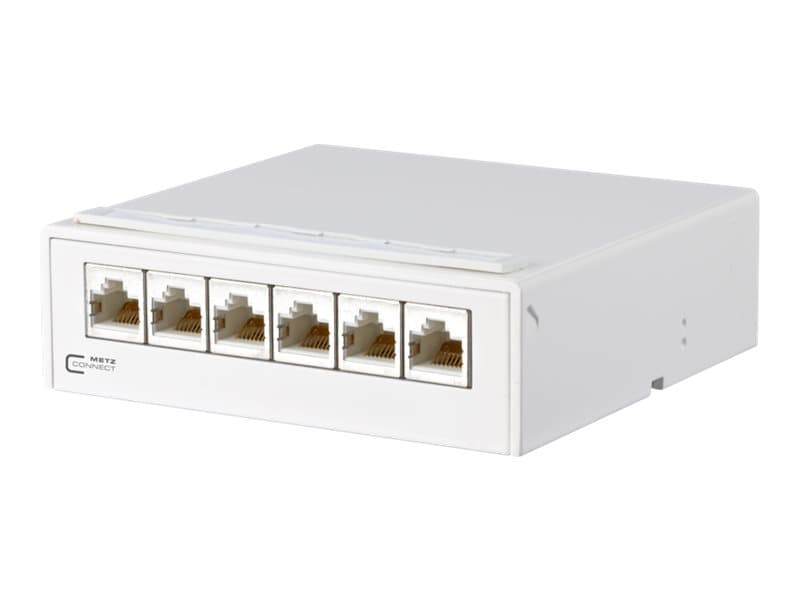Climate change is occurring, is caused largely by human activities, and poses significant risks for-and in many cases is already affecting-a broad range of human and natural systems. The compelling case for these conclusions is provided in Advancing the Science of Climate Change , part of a congressionally requested suite of studies known as America’s Climate Choices. While noting that there is always more to learn and that the scientific process is never closed, the book shows that hypotheses about climate change are supported by multiple lines of evidence and have stood firm in the face of serious debate and careful evaluation of alternative explanations. As decision makers respond to these risks, the nation’s scientific enterprise can contribute through research that improves understanding of the causes and consequences of climate change and also is useful to decision makers at the local, regional, national, and international levels. The book identifies decisions being made in 12 sectors, ranging from agriculture to transportation, to identify decisions being made in response to climate change. Advancing the Science of Climate Change calls for a single federal entity or program to coordinate a national, multidisciplinary research effort aimed at improving both understanding and responses to climate change. Seven cross-cutting research themes are identified to support this scientific enterprise. In addition, leaders of federal climate research should redouble efforts to deploy a comprehensive climate observing system, improve climate models and other analytical tools, invest in human capital, and improve linkages between research and decisions by forming partnerships with action-oriented programs. Table of Contents Front Matter Summary Part I 1 Introduction: Science for Understanding and Responding to Climate Change 2 What We Know About Climate Change and Its Interactions with People and Ecosystems 3 A New Era of Climate Change Research 4 Integrative Themes for Climate Change Research 5 Recommendations for Meeting the Challenge of Climate Change Research Part II: Technical Chapters 6 Changes in the Climate System 7 Sea Level Rise and the Coastal Environment 8 Freshwater Resources 9 Ecosystems, Ecosystem Services, and Biodiversity 10 Agriculture, Fisheries, and Food Production 11 Public Health 12 Cities and the Built Environment 13 Transportation 14 Energy Supply and Use 15 Solar Radiation Management 16 National and Human Security 17 Designing, Implementing, and Evaluating Climate Policies References Appendix A: America’s Climate Choices: Membership Lists Appendix B: Panel on Advancing the Science of Climate Change: Statement of Task Appendix C: Panel on Advancing the Science of Climate Change: Biographical Sketches Appendix D: Uncertainty Terminology Appendix E: The United States Global Change Research Program Appendix F: Geoengineering Options to Respond to Climate Change: Steps to Establish a Research Agenda Appendix G: Acronyms and Initialisms












